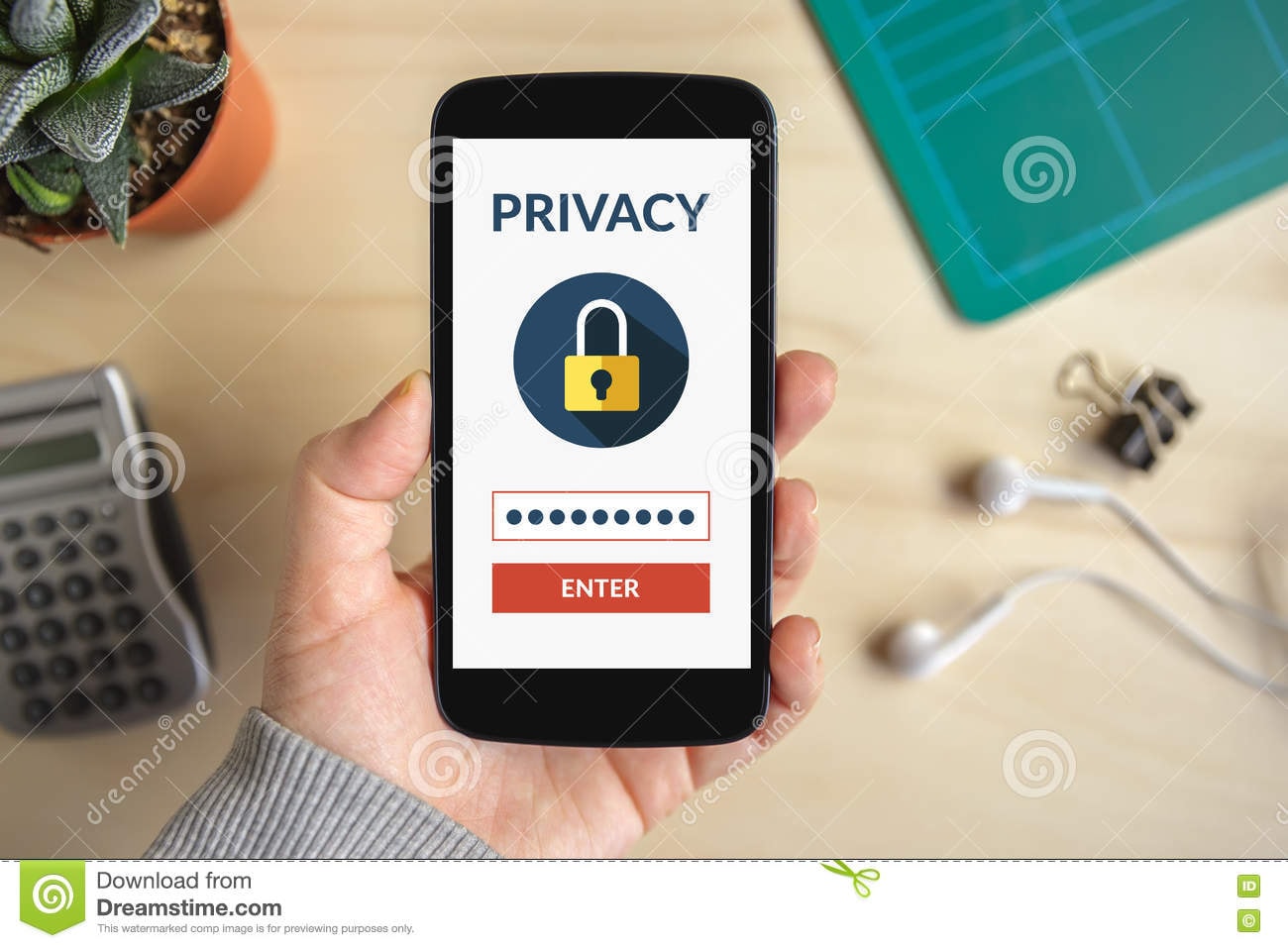What do smartphone users do to ensure the safety of personal data?
(Baonghean.vn) - Smartphones are becoming increasingly important to our lives, so keeping them safe from being hacked by hackers or strangers is a matter of concern for many people.
In today's modern life, smartphones have become an indispensable item for everyone because they contain a lot of important information such as bank accounts, personal photos, private messages, passwords, browsing history, etc.
 |
Illustration photo. |
Therefore, keeping smartphones from being hacked, having important information stolen or being violated by strangers is extremely necessary for users.
Here are five simple ways users can keep their smartphones safe, whether they're new out of the box or have had them for years.
1. Use software updates and security patches
When purchasing a new smartphone, whether it is an Android or Apple iOS smartphone, one of the first things a user should do is download the latest software update for the operating system.
These latest software updates will fix security holes in the operating system. So, keeping your software up to date is the best way to prevent cybercriminals from exploiting security holes. Usually, updating to new software is easy because your smartphone will send you a notification that the update is ready for you to download and install.
Users should also update the apps on their smartphones with the latest security updates because, just like with the phone itself, using the latest version of the app will help keep the user's device more secure.
2. Secure your phone with a password, PIN, or biometric security features
Many people who use smartphones today still do not use the most basic measures to keep their data safe, such as setting passwords, PIN codes, or other biometric security methods.
While this makes it convenient to use the phone without having to enter a password or PIN, it also means that anyone can view the contents and access all the personal data on the user's phone given the opportunity.
In case your phone is stolen, the problem becomes even more serious because criminals will take all your personal data and try to profit from it.
So one of the important things users can do to help protect their phones is to secure them with a password, PIN, or biometric verification, all of which can help prevent intruders from accessing personal data if the phone is ever stolen.
For password security, one thing that users need to keep in mind is that each application should be secured with a separate password. And those passwords should not be the same as the password used to lock the phone screen.
3. Use multi-factor authentication for apps
Although password security plays a very important role in keeping accounts and personal data safe on smartphones, hackers can still use various ways to get passwords.
That's why users should secure their smartphone accounts with multi-factor authentication (MFA). MFA is a security technology that requires multiple authentication methods from independent categories of information to verify a user's identity for a login or transaction.
In case somehow the user's password is stolen, the attacker will not be able to access the account directly because the user will get a warning asking if they were the one who accessed it.
If the user is not the one logged in, they must immediately log in to the application and change their password and log out of any other applications from their browser.
In many situations, to verify the user's identity when logging in or when performing sensitive transactions, the service provider will send an OTP code via phone number to confirm the system. This is also a component of multi-factor authentication techniques.
The goal of MFA is to create a layer of protection that makes it more difficult for a third party to gain access to a target, such as a physical location, computer device, network, or database. If one element is compromised or circumvented, the attacker still has at least one or more barriers to overcome before successfully breaking into the target.
While MFA provides a great extra layer of protection for smartphones and accounts, helping users improve security, it still cannot guarantee 100% absolute security.
4. Only download apps and updates from trusted sources
Regardless of what type of smartphone you own, downloading some apps is inevitable. Security experts recommend that if you own an iPhone, the best place to download apps is the Apple App Store, while if you own an Android phone, the best place is the Google Play Store.
While many apps are free, some apps require you to pay or sign up for an account to use them. So, some users download apps from unreliable, free sources. This can be dangerous for your smartphone, as any free version of these apps will not come from the official store, but from a third-party website.
Scammers and cybercriminals know that people want free versions of many popular apps. Scammers will promote their own sites in search results, and scammers will even buy ads to promote their malicious sites. The fake sites can look almost identical to the real ones, while offering to download the app the user is looking for.
However, third-party download sites are risky, and hackers will take advantage of it to steal user passwords. Either way, downloading apps from untrusted sources can expose users' smartphones to hackers.
Another way hackers steal user passwords is by spreading phishing emails. These phishing emails will give false warnings about applications to advise users to download new updates provided by hackers that contain malware.
Normally, new, legitimate updates provided by app developers will never be provided to users via email but will be notified via a pop-up for users to check and download.
Although official app stores are safer than third-party websites, in many cases hackers will bypass the app store's protections to trick users into stealing information. Therefore, security experts advise users to pay attention to what they download.
5. Be careful about the wireless networks you connect to and consider using a virtual private network
While many free wireless hotspots like Wi-Fi are legal, they are not without their own privacy risks. Public Wi-Fi networks are open to anyone, but the data transmitted over them is not as secure as on a home or corporate network.
On the other hand, in many cases hackers will set up their own free Wi-Fi networks in crowded locations, allowing people to connect, and then sniff out the data being transmitted, causing users' login names, passwords, bank accounts, and other personal information to be stolen.
Connecting to public Wi-Fi networks is also normal for everyone, however, users should pay attention to the risks when performing banking transactions, it is best not to log in to bank accounts or exchange sensitive information and images when using public Wi-Fi networks. Because the risk of personal information leakage when accessing public Wi-Fi networks is very high.
This is also the point where many users want to switch to using a virtual private network (Virtual Private Network (VPN). VPN is a network technology that helps create a secure network connection when participating in a public network such as the Internet or a private network owned by a service provider. This can help to better protect user data, especially important information and data when accessing the Internet./.








